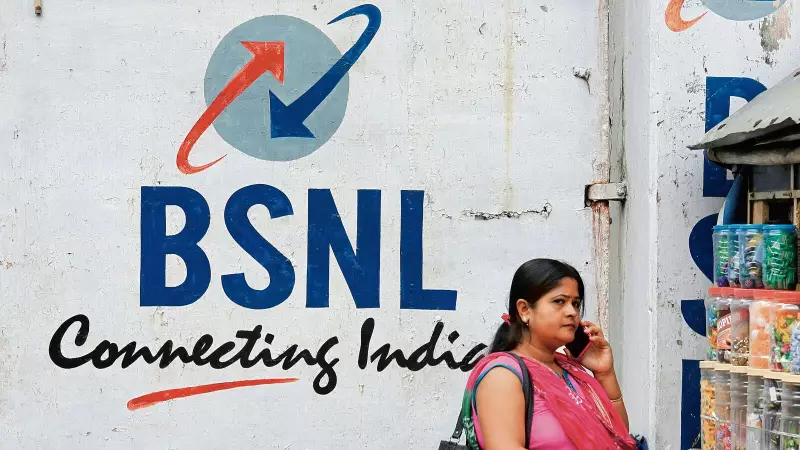
In a significant development that has sent shockwaves through India's telecommunications sector, the Telecom Disputes Settlement and Appellate Tribunal (TDSAT) has intervened to put a temporary hold on the regulatory directive targeting BSNL's controversial ₹1 4G data plan.
The Regulatory Clash Intensifies
The drama unfolded when the Telecom Regulatory Authority of India (TRAI) issued a stern directive ordering Bharat Sanchar Nigam Limited (BSNL) to immediately withdraw its pocket-friendly 4G data scheme. However, in a surprising turn of events, TDSAT has now stepped in and stayed this order, creating a temporary reprieve for the state-owned telecom operator.
What's at Stake in This High-Profile Case?
This legal confrontation represents more than just a dispute over a single tariff plan—it highlights the ongoing tensions between regulatory oversight and competitive pricing strategies in the Indian telecom market. The ₹1 plan, while nominal in cost, carries significant implications for market dynamics and consumer choice.
The core of the controversy revolves around TRAI's concerns regarding potential violations of telecom tariff orders and principles of non-discrimination. Regulatory authorities have been increasingly vigilant about maintaining level playing fields in the highly competitive telecommunications landscape.
BSNL's Strategic Position
For BSNL, the affordable 4G plan represents a crucial component of its strategy to regain market share and compete effectively against private sector giants. The state-run operator has been fighting an uphill battle to modernize its services and infrastructure while maintaining its public service mandate.
Industry analysts suggest that this legal victory, though temporary, could provide BSNL with valuable breathing space as it continues its 4G rollout and prepares for the eventual transition to 5G services across the country.
What Happens Next?
The TDSAT's decision to stay TRAI's order means that the matter will now undergo detailed judicial scrutiny. Both parties are expected to present comprehensive arguments supporting their respective positions on the legality and appropriateness of the controversial tariff plan.
Key aspects likely to be examined during the proceedings include:
- The technical compliance of BSNL's plan with existing tariff regulations
- Potential market distortion effects of ultra-low-cost offerings
- The balance between consumer benefits and fair competition
- Precedents set by similar cases in the telecommunications sector
Broader Implications for Indian Telecom
This case is being closely watched by industry stakeholders as it could establish important precedents for future tariff regulations and competitive practices. The outcome may influence how telecom operators design and market their service packages while navigating regulatory requirements.
The resolution of this dispute will undoubtedly shape the competitive landscape as India continues its digital transformation journey, with millions of new users coming online each year through affordable data services.
As the legal battle continues to unfold, consumers and industry players alike await a final resolution that balances innovation, competition, and regulatory compliance in one of the world's fastest-growing telecom markets.





